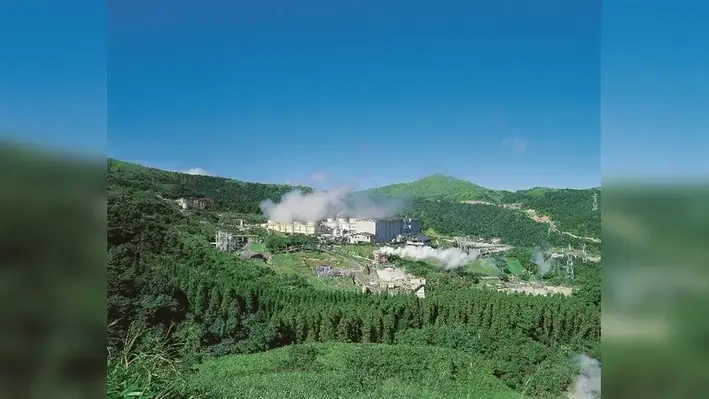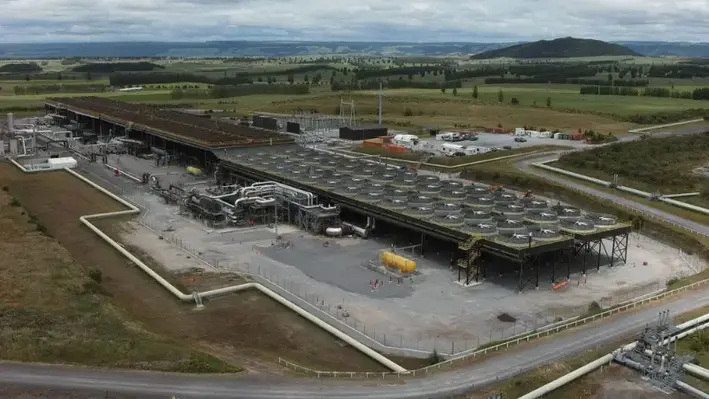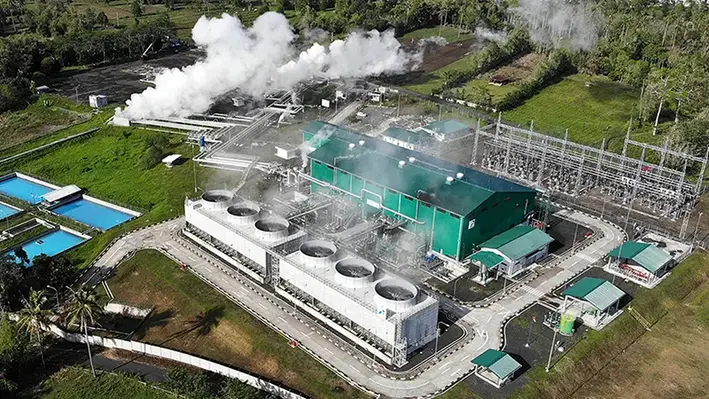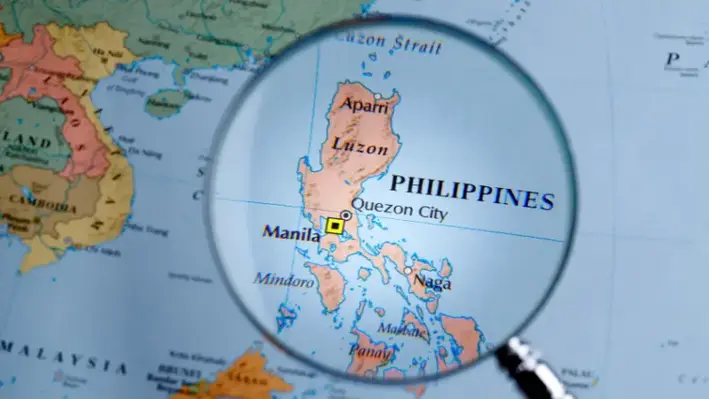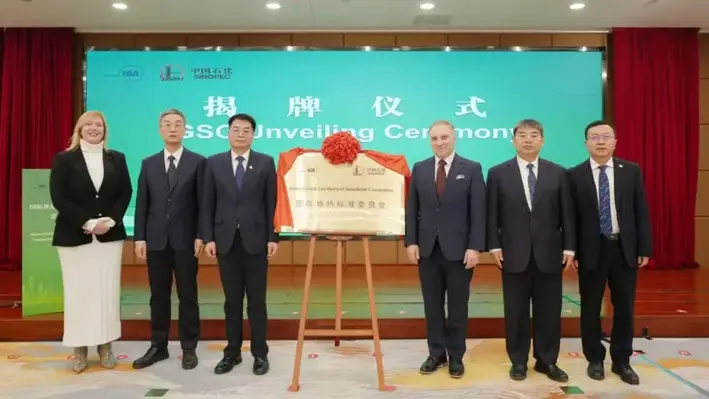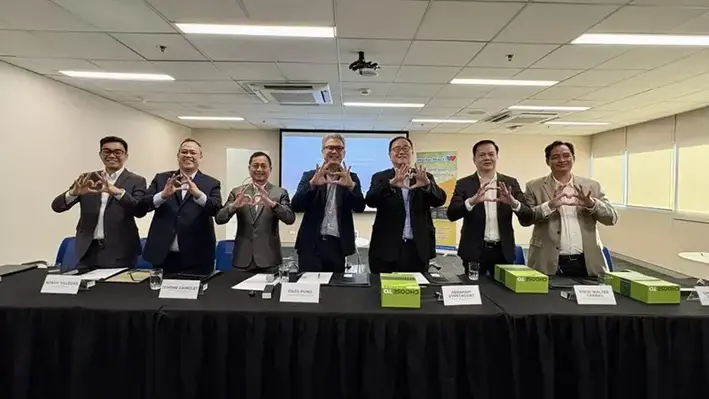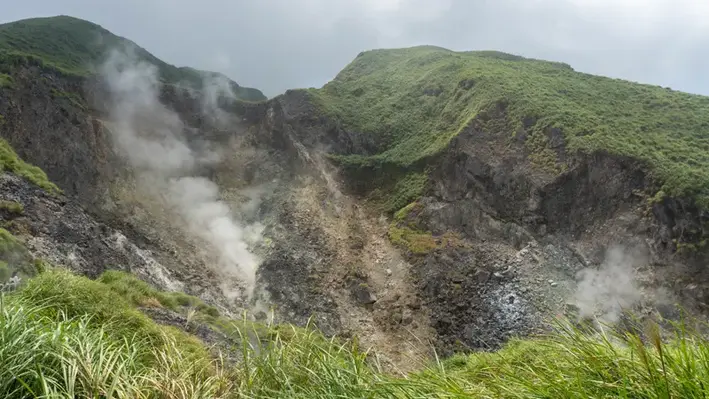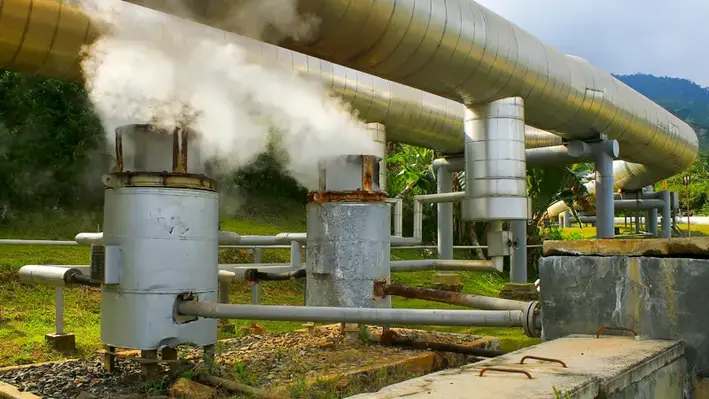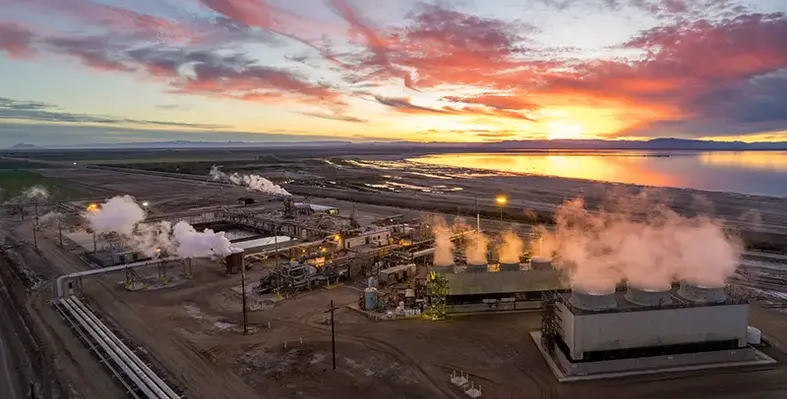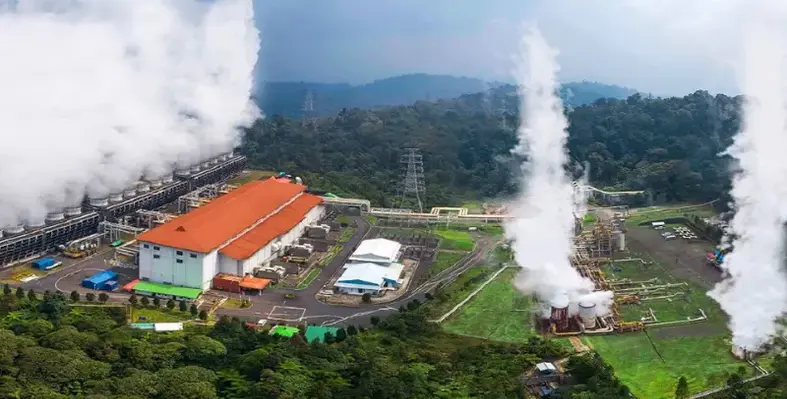Asia Pacific
Asia Pacific
- Region: Asia Pacific
- Topics: Geothermal
- Date: 5th February 2026
KS Orka Renewables Pte. Ltd. has announced a strategic partnership with Halliburton to support geothermal project development across its project sites in Indonesia, including PT Sorik Marapi Geothermal Power (SMGP) in North Sumatra and PT Sokoria Geothermal Indonesia (SGI) in East Nusa Tenggara.
- Region: APAC
- Topics: Geothermal
- Date: 23rd January 2026
Geothermal energy is gaining renewed attention in Japan as a reliable and low carbon power source, and Japan Prime Realty Investment Corporation is placing it firmly at the heart of its sustainability strategy.
- Region: Asia Pacific
- Topics: Geothermal
- Date: 23rd January 2026
Mercury has powered up its fifth unit at the Ngā Tamariki Geothermal Station near Taupō, New Zealand, which has begun delivering geothermal power to the national grid.
- Date: 31st December 2025
Pertamina Geothermal Energy (PGE), a subsidiary of Indonesia’s state-owned energy giant Pertamina, has taken a significant step forward in strengthening the country’s renewable energy portfolio by submitting crucial technical documents for the planned expansion of the Lahendong geothermal field in North Sulawesi.
- Date: 30th December 2025
The Philippines has officially launched a US$170 mn geothermal de-risking facility, aimed at accelerating early-stage geothermal exploration and drilling across the country.
- Date: 16th December 2025
The International Geothermal Standard Committee (IGSC) was established last month in Beijing, marking a major milestone in global geothermal standardisation.
- Date: 26th November 2025
The WalterMart and Abenson Group of Companies have renewed their partnership with First Gen Corporation (First Gen), the Philippines’ leading renewable energy provider, to power their operations with geothermal energy.
- Date: 13th November 2025
In a historic stride for Taiwan’s renewable energy sector, Baseload Power Taiwan has achieved a significant breakthrough-securing full tribal consent to explore and develop geothermal resources in Hualien County.
- Date: 12th November 2025
Indonesia’s geothermal landscape is set to sizzle as PT Barito Renewables Energy Tbk (BREN) ramps up the heat in its renewable energy arsenal.
- Date: 10th November 2025
The Asian Development Bank (ADB) has approved a US$180mn loan as the second additional financing to support PT Geo Dipa Energy (GDE) — an Indonesian state-owned company — to further boost the country’s geothermal electricity generation.
- Region: Asia Pacific
- Topics: Geothermal
- Date: 29 October, 2025
Geothermal energy producer Energy Development Corp. (EDC) is exploring options to repurpose its 129 MW Upper Mahiao Power Plant in Kananga, Leyte, after the facility reached the end of its operational lifespan.
- Region: Asia Pacific
- Topics: Geothermal
- Date: 24 October, 2025
PT Barito Renewables Energy Tbk, through its subsidiary Star Energy Geothermal, has completed the retrofit project for Units 4, 5, and 6 of the Salak geothermal power plant.


